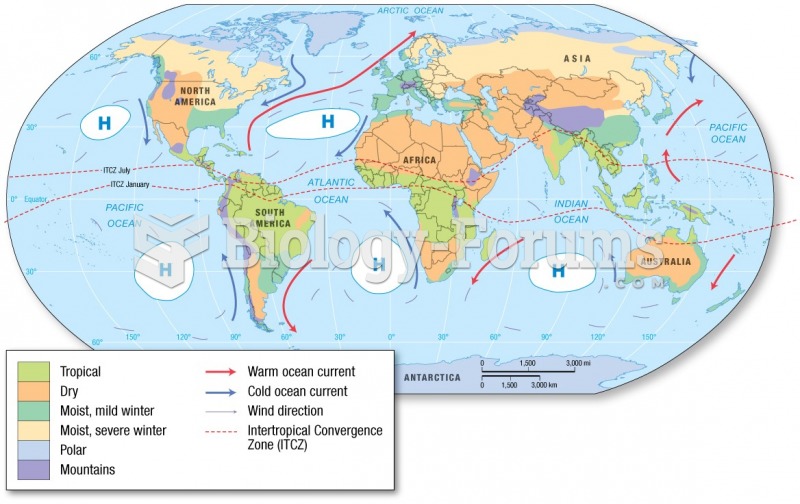Answer to Question 1
When no single party holds a legislative majority, parties must form a coalition government, a situation in which multiple parties formally agree to divvy up positions in the cabinet and nominate a prime minister, who usually comes from the largest party. Coalitions are frequent worldwide, occurring about 50 percent of the time under parliamentarism. For example, following the May 2010 elections, Britain's Conservative Party won the most seatsbut did not win a parliamentary majority. As a result, the new Conservative PM, David Cameron, had to form a coalition with the third-place party, the Liberal Democrats, in order to obtain a majority of seats in parliament.
Answer to Question 2
Arguments against the principle of judicial review state that giving judges independent authority potentially sacrifices effective government on the altar of limited government. During a serious national crisis, for example, perhaps an elected government should be allowed to try somethinganythingwi thout worrying whether a Supreme Court will overturn its proposals. Others object that giving unelected and unaccountable judges the power to invalidate legislation actually violates the definition of democracy as a political system in which the rulers are accountable to the ruled. Opponents of judicial review argue that democracy requires that elected officials interpret the constitution, not unelected judges. They also suggest that it is impractical to assume that unelected judges will be politically impartial. After all, elected politicians from one political party or another typically appoint those judges in the first placeand politicians tend to nominate judges who share their political interests. Because voters neither hire nor fire judges, judicial review insulates a set of political actors from both voters and elected officials.







